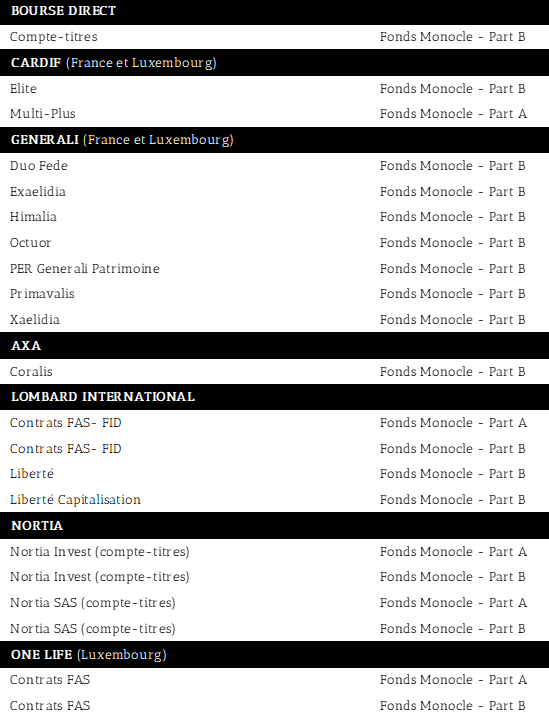
It's time to get out the umbrella
31 August 2023
The indices rise, the media follow and euphoria returns.
Meanwhile, I see that:
1. Consumer confidence is at an all-time low. The Conference Board's recent publication shows that US consumer confidence for the future is at 80. The average for the previous 5 years is 100.
2. Credit delinquency rates are rising. Credit card and car loan delinquency rates in the US are at a ten-year high. This is despite the fact that unemployment is still at a 50-year low. This phenomenon particularly affects young people (aged 18-29). And it will be exacerbated by the end of the moratorium on student loan repayments. It starts... tomorrow (September 1st). We are talking about 43 million people for a total of $1.8 trillion. Note that in his agreement with the Republicans on the debt ceiling, Biden undertook not to extend the moratorium again - it has been extended eight times in the last three years.
3. Default rates are also rising on corporate debt. Torsten Slok, Chief Economist at Apollo, one of the leading players in this market (assets under management $550bn) writes: "a default cycle has begun and the markets are not paying attention".
4. The previous point is the consequence of the end of the euphoria of 2021 and Powell's policy. Raising interest rates makes life more difficult for highly leveraged players. Banks are now firmly restricting credit. And rates were so low two years, five years, ten years ago (!) that many companies could not resist borrowing and many investors could not resist lending to them. So we're starting to see publications from companies saying that they have a single aim: "to strengthen the balance sheet by reducing debt." This is what the economist Richard Koo called the "Balance Sheet Recession" when talking about Japan in the 90s: once you have too much debt, your life becomes nothing more than the repayment of that debt.
5. China is contracting. Yes, the authorities have a lot of leverage to avoid a major financial crisis. But that's not stopping Chinese consumers from starting to rein in their spending. China is one of the leading markets for many mega-caps (Apple, Nike, LVMH etc.).
6. The rise in indices led by a handful of stocks is a sign of nervousness: if investors were less afraid, they would buy the whole market. But with the rise of passive management, no one wants to miss out, so everyone is loading up on the same stocks. So even though Nvidia has reached an extremely high valuation, 39 of the 40 analysts who follow it recommend buying it - my compliments to the guy at Deutsche Bank, the only one who dares to put himself on 'HOLD'. At the same time, hedge funds have never invested so much of their money in these same mega-caps. It's a house of cards.
7. Powell's speech a week ago was crystal clear: on the one hand, it will be "higher for longer"; on the other, the inflation target is indeed 2%, and not 3% or 4% as others were suggesting. After this speech, it seems to me risky to remain optimistic about the markets by betting on a rapid fall in long-term interest rates - they will only fall in the event of a major crisis, i.e. with the markets much lower.
Putting all this together, I think it's urgent to be cautious. It's true that some stocks aren't too expensive today. But the overall context is so complicated to navigate that we can't consider that it's going to be easy. And most of the above indicators are only the first signs of things to come. The unemployment rate is not going to remain at a 50-year low. As it rises, it will unfortunately amplify all the points on this list.
So I suggest you listen carefully to Torsten Slok - "Markets are not paying attention" - and get out your umbrella.
Disclaimer
This presentation is a promotional document. The content of this document is communicated by and is the property of Monocle Asset Management. Monocle Asset Management is a portfolio management company approved by the Autorité des Marchés Financiers under number GP-20000040 and registered with the ORIAS as an insurance broker under number 10058146. No information contained in this document should be construed as having any contractual value. This document is produced for information purposes only. The prospects mentioned are subject to change and do not constitute a commitment or a guarantee. Access to the products and services presented here may be subject to restrictions for certain persons or countries. Tax treatment depends on individual circumstances. The fund mentioned in this document (Monocle Fund SICAV) is authorized for marketing in France and possibly in other countries where the law permits. Before making any investment, it is advisable to check whether the investor is legally entitled to subscribe to the fund. The risks, costs and recommended investment period of the funds presented are described in the KIDD (key investor information documents) and the prospectus, available free of charge from Monocle Asset Management and on the website. The KIDD must be given to the subscribers before the subscription. Past performances are not a reliable indicator of future performances. Monocle Asset Management cannot be held responsible for any decision taken or not taken on the basis of information contained in this document, nor for the use that could be made by a third party. The investor may lose all or part of the amount of capital invested, as the funds are not capital guaranteed.
To unsubscribe or for any information request, you can email us at monocle@monocle.lu
